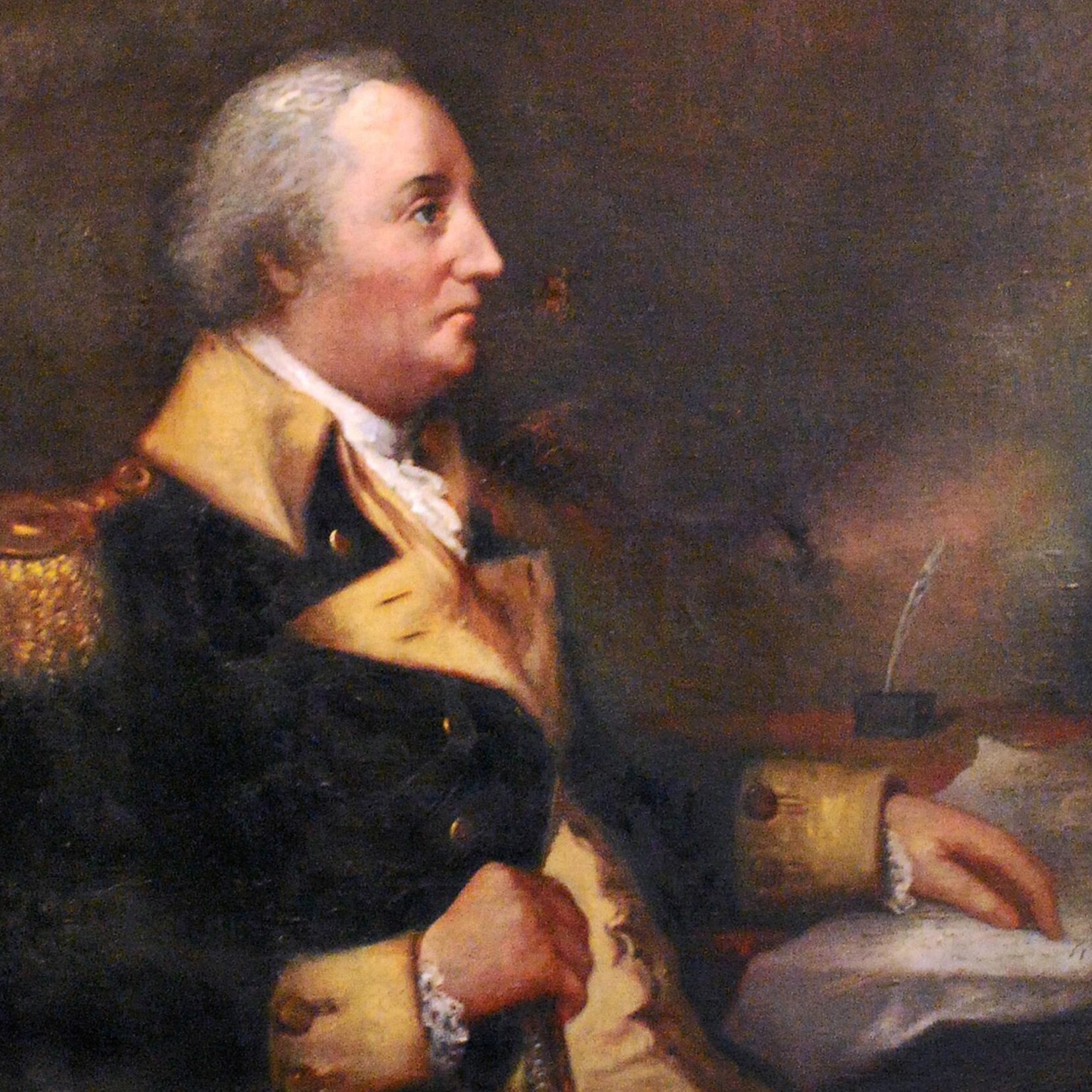
William Whipple
New Hampshire
At the beginning of the year 1776, William Whipple wrote to his fellow colleague in the Continental Congress, Josiah Bartlett, “Nothing less than the fate of America depends on the virtue of her sons, and if they do not have virtue enough to support the most Glorious Cause ever human beings were engaged in, they don’t deserve the blessings of freedom.”
The strength of Mr. Whipple’s words reveals the depth of his commitment to America securing its independence from Great Britain. His perseverance to accomplish the goal and serve his fellow countrymen was limitless.
The future sea captain cum merchant was born on January 14, 1730, in Kittery, Maine. Once William Whipple completed his schooling, he worked on his father’s merchant ships. At age 21, he captained his own ship. He went on to become quite a successful shipmaster and mercantile businessman in partnership with his two brothers in Portsmouth, New Hampshire in 1759. This led to considerable wealth.
William Whipple’s erudition and virtuousness made him a desirable local leader. He was selected often for local office positions and it was during this period of his life he became an ardent supporter of the patriot cause. In 1764, he and fellow committee members prevented British tea from entering Portsmouth harbor. He was elected to the New Hampshire provincial Congress in 1775 and 1776. Then, he was selected as a delegate to the Continental Congress where he voted for independence on July 2, 1776 and signed the Declaration of Independence on August 2nd.
In 1777, Mr. Whipple was selected by Congress to be the brigadier general of the New Hampshire militia. He marched four regiments to Saratoga, New York and assisted General Gates in forcing the British to surrender. While with a detachment striving to retake Rhode Island, great misfortune befell him. He was having breakfast in the general’s quarters. On a knoll about three quarters of a mile away, British soldiers were positioned. One of the soldiers fired his weapon. It struck a horse near the door to the house. Then blasted its way through a house wall finally ending its destructive flight by striking General Whipple’s leg. The damage was severe enough the leg had to be amputated.
William Whipple’s service continued despite the significant injury. He became a representative to his state’s general assembly. He was also associate justice of the New Hampshire Supreme Court and receiver of public moneys for the state. For the majority of his service in these offices, the terms of service overlapped. Mr. Whipple’s health continued to present serious difficulties for him. He suffered from strictures in the chest. This condition had a debilitating effect on his activity. In order to fulfill his judgeship, he did ride his circuit, but not to full effect. The condition of his heart began declining rapidly in the autumn of 1785 and forced him to suspend circuit riding. He was never able to return. The sickness in his chest forced him to remain in bed. He died on November 28th.
The admiration and respect for William Whipple’s commitment, character, and genius is evidenced in a published eulogy by the New Hampshire Gazette on December 9th:
“On Monday the 28th of November, died, universally lamented, the Hon. Gen. William Whipple, Judge of the Superior Court of New Hampshire. ‘In him concentrated every principle that exalts the dignity of man. His disinterested patriotism and public services are now known to all. And when newspaper encomiums are lost in oblivion, the pen of the historian shall preserve the remembrance of his virtue in the breast of succeeding generations. During the long course of unequaled sufferings, he endured his lot with a firmness correspondent to the greatness of his mind.
He viewed his approaching dissolution with a heroic fortitude, in full confidence, that He who made him knew best how to dispose of him. In his extremist agonies, his mind was still revolving schemes for the happiness of mankind, and those sentiments of benevolence which distinguished him while living, were the last that died in him. He was generous and humane, and the elements so mixed in him that nature might rise up and say THIS WAS A MAN.”
The beloved founding father was laid to rest in Union Cemetery in Portsmouth. William Whipple lived to be 55 years of age.


